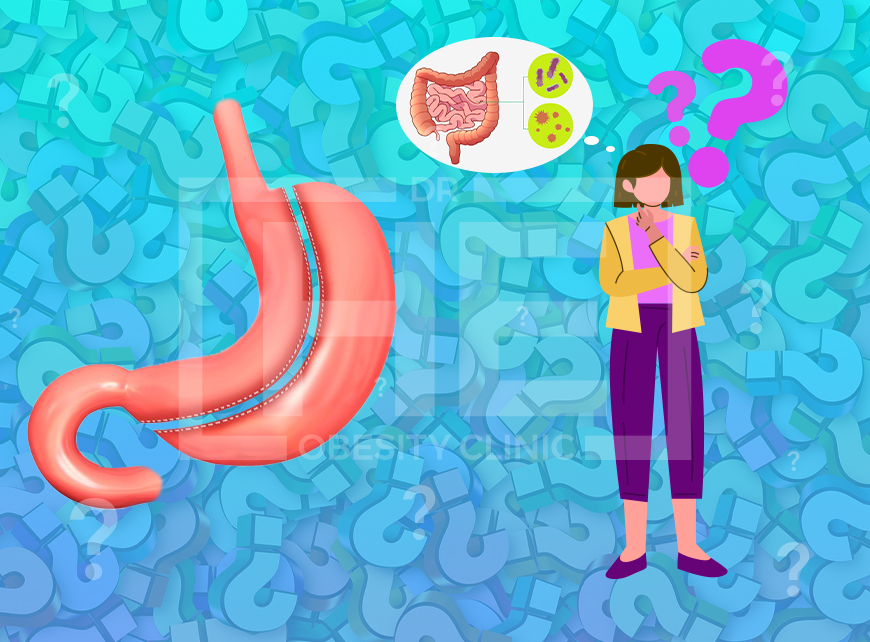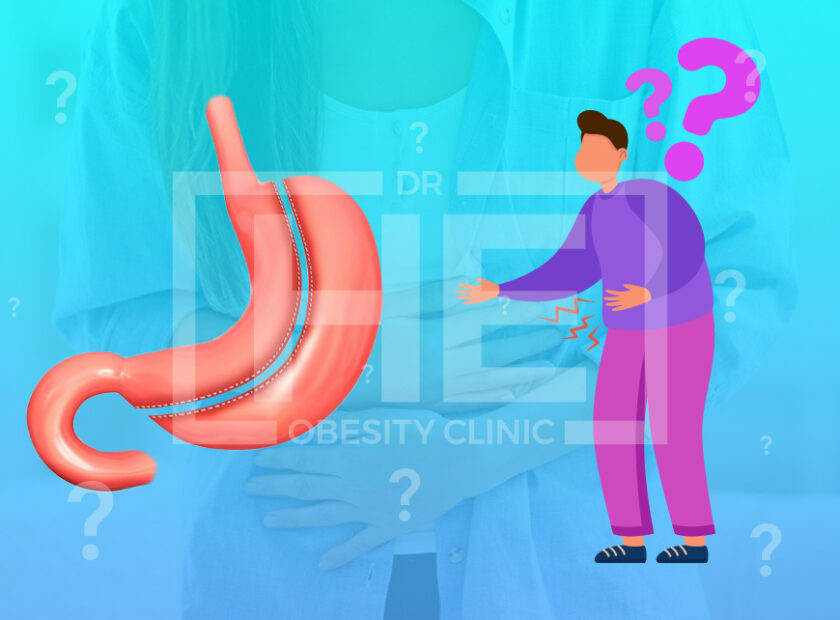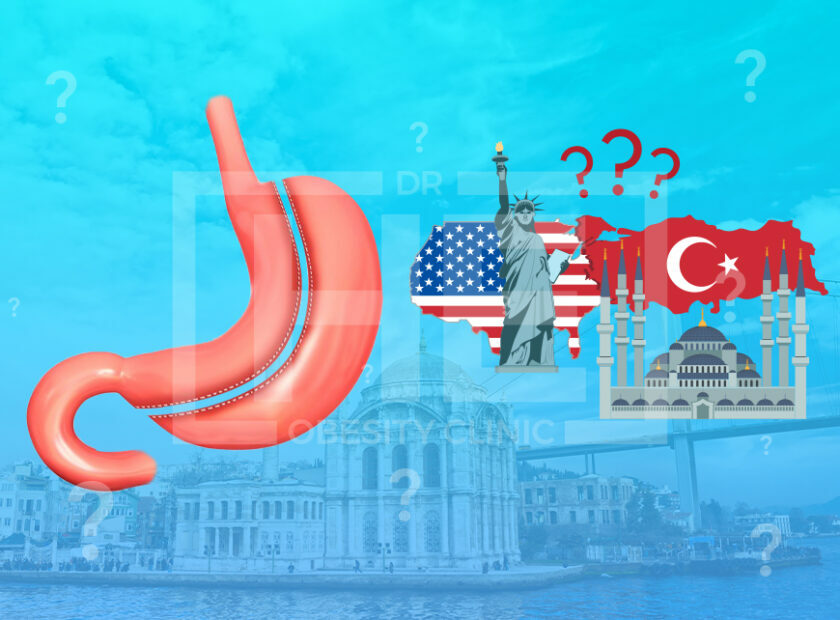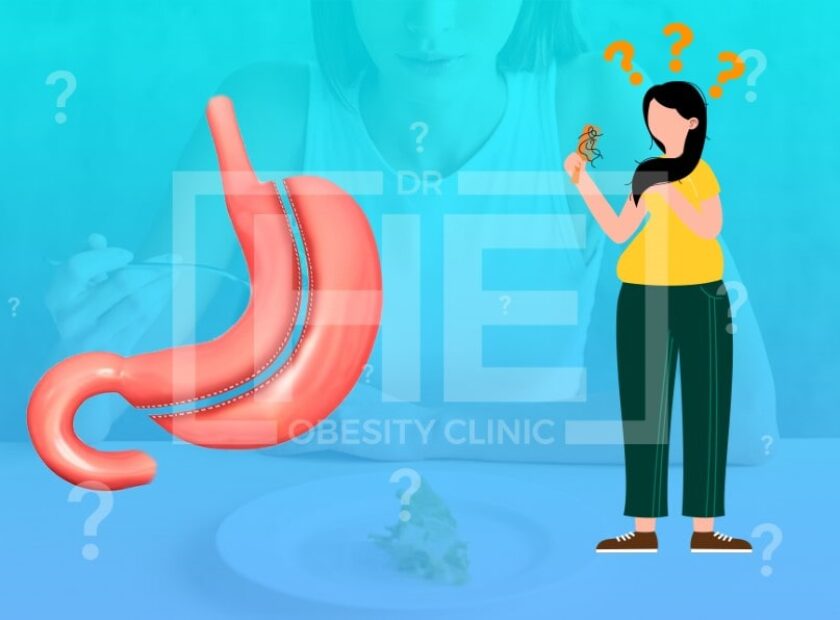
Can gastric sleeves cause malabsorption? Although gastric sleeve surgery restricts the amount of food you may eat, your ability to absorb nutrients is unaffected. So, no, gastric sleeve surgery does not cause malabsorption.
To grasp the main idea behind the surgery, let us focus on a little bit more. To begin with, Gastric sleeve surgery is a bariatric operation that is performed in a minimally invasive manner. After removing a portion of the stomach, a sleeve-shaped segment is left behind, which is then stapled closed and secured with stitches.
The surgery takes around an hour and is conducted under general anesthesia. Despite the fact that the surgeons’ talents and surgical knowledge reduce the risks, potential gastric sleeve issues do occur. Complications may include staples separation, leaking, hemorrhage, or the development of gastric reflux.
On the other hand, gastric sleeve surgery is intended for those who are unable to undergo other bariatric procedures, such as gastric bypass, due to health problems or an abnormally high BMI.
This is because a sleeve gastrectomy treatment preserves normal stomach function, allowing the digestion process to occur completely. As a result, sleeve surgery produces rapid weight loss, decreased hunger, and a lower risk of ulcers or vitamin deficiency, which are common adverse effects of other bariatric procedures.
Furthermore, let us define malabsorption. Malabsorption is defined as difficulties digesting or absorbing nutrients from diet. Malabsorption can have an impact on growth and development, as well as cause certain disorders.
When you consume a nutritious meal, you expect your body to benefit from the vitamins and minerals. However, if you have malabsorption syndrome, your body is unable to absorb many of the nutrients from the food you eat. Symptoms of this intestinal issue include bloating and diarrhea.
More importantly, malabsorption syndrome can lead to serious problems, such as a greater risk of infection and bone fractures.
As can be seen, gastric sleeve surgery and malabsorption are two distinct conditions that cannot be related.
As previously stated, after removing a section of the stomach, a sleeve-shaped segment is left behind, which is subsequently stapled closed and stitched up. As a result, there is no connection or justification for any form of malabsorption problem.
To summarize, surgeons will work on your stomach, cutting and shaping it to provide you with professional assistance. As a result, the system you have will vary in terms of physical and consequently functional changes; nonetheless, malabsorption is not one of these functional chances you will confront.




